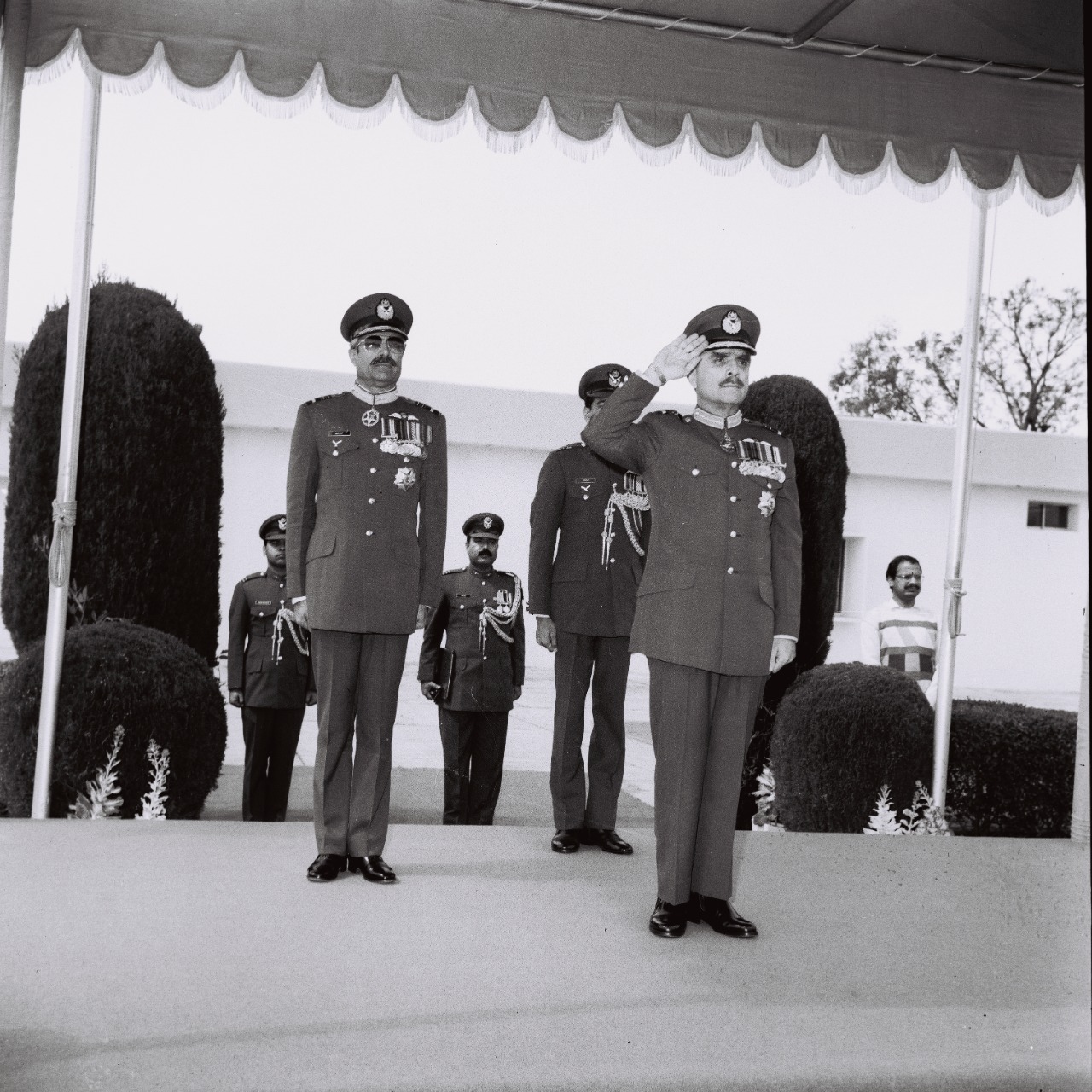Air Chief Marshal Farooq Feroze Khan, popularly known as ‘FF Khan’ was born on 17 August 1939 in Bombay, British India. However, soon after partition, his family moved to Pakistan, and he received his early education in PAF Public School, Sargodha. Farooq Khan joined PAF in 1956, but soon got selected for basic flying training in US Air Force Academy, Colorado, USA. After successful completion of his training, he was commissioned in PAF in 1959.
FF Khan was a man of innumerable attributes. Therefore, instead of just narrating his illustrious service career, I intend to highlight his exquisite personality traits that would inspire the younger generation of Pakistan.
Farooq Khan was not only an outstanding fighter pilot, but also a born commander. However, his style of work widely differed with his leadership style. As a subordinate, he would work relentlessly to meet the expectations of his superiors. His seniors would praise him for the effortless accomplishment of the assigned tasks within the stipulated time, whereas his peers remember him as a humble contributor in the team. He was courteous, witty, and yet efficient in his outputs. He was liked for his professional competence, working capacity, and managerial skills.
As a commander, he would afford a lot of space to his subordinates, concurrently demanding a high quality of output from them, without creating a stressful environment. While he was passionate about his achievements, he had a lot of compassion for the people under his command. He was highly approachable due to his father-like attitude towards his subordinates. He was a good listener who would not interrupt his juniors, and accorded the requisite space to them, before taking a decision. While merit would have the paramount importance, Farooq Feroze Khan would sincerely look for options to accommodate the needy.
The former Air Chief was gifted with a very pleasant personality. Smart and handsome as he was, he also carried an exquisite taste and sense of humour. His presence was always felt even if he was not the senior-most person present on the scene. Perhaps, he was born to lead due to his innate leadership qualities. If I have to recount, I would list ‘time management’ at the top of the long list of attributes he was blessed with. As the Chief of Air Staff (CAS), Farooq Feroze Khan would be present where necessary, but only after he had finished his crosswords early in the morning, seen the routine mail, attended the required meetings, played golf, and hunted game on the weekend. He would suddenly arrive at a Base on a visit, not to embarrass the local commanders, but to avoid any bureaucratic preparatory arrangements.
Farooq Khan was brilliant in situation assessment, and therefore extremely quick in decision-making. His contributions for Pakistan are unique on many accounts. He would be long remembered for his tireless efforts for the seamless induction of F-16 aircraft, at the peak of Soviet occupation of Afghanistan. As Base Commander Sargodha from 1981-83, he was instrumental in making administrative arrangements for the reception, and initial settlement of the newly inducted state of the art F-16 aircraft, which greatly facilitated the subsequent Base Commanders to quickly operationalize the systems, which were extremely crucial in the ongoing air battles against a much larger Soviet Air Force.
Farooq Khan’s illustrious career in the PAF speaks volume about his professionalism and leadership qualities. He carried the distinction of commanding two of the largest PAF Bases – PAF Base Sargodha and PAF Base Masroor, before assuming responsibilities at Air Headquarters. He also served as the Managing Director of Pakistan International Airlines for little over one year, before assuming the Command of PAF in March 1991. However, his carrer did not stop as the CAS, since he was appointed Chairman Joint Chiefs of Staff Committee (CJCSC) in 1994 until his retirement in 1997. ACM Farooq Feroze Khan, to date remains the only PAF Officer to have served as the CJCSC.
Air Chief Marshal Farooq Feroze Khan, former CJCSC and CAS, PAF, breathed his last on 9 October 2021 at the age of 82. His sudden death has left the entire nation in shock and grief. May Allah Bless him in Jannat-ul-Firdaus, Ameen.
Dr Zia Ul Haque Shamsi is the author of ‘Nuclear Deterrence and Conflict Management Between India and Pakistan.’ He is presently working as Director at the Centre for Aerospace & Security Studies (CASS), Islamabad, Pakistan. The article was first published in Dawn News Sunday Supplement. He can be reached at cass.thinkers@gmail.com
Image Source: PAF Archives




